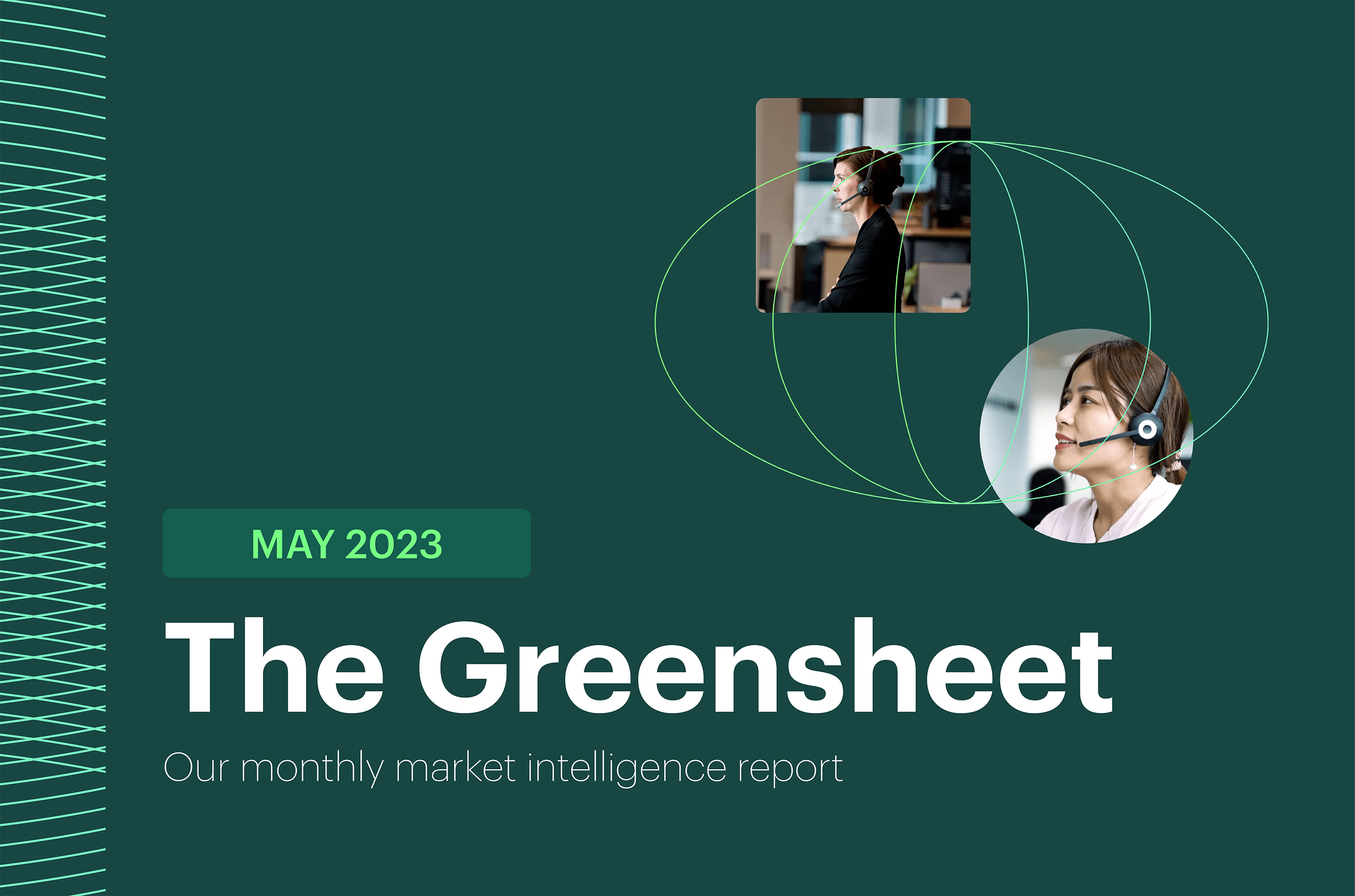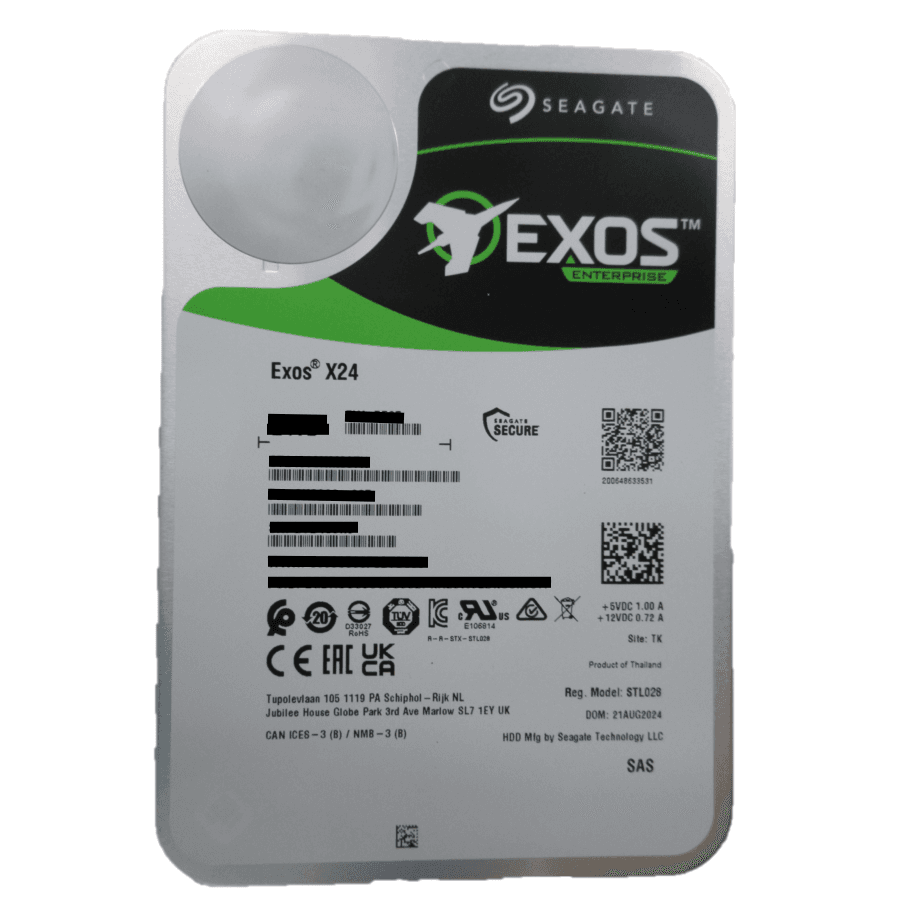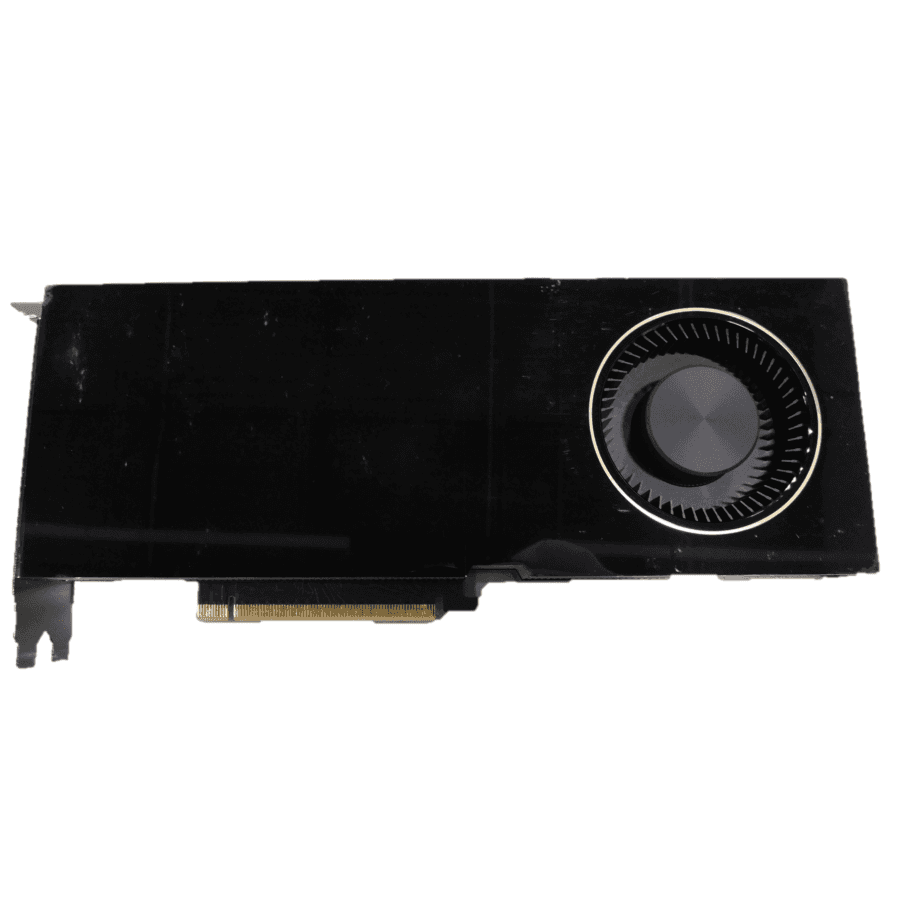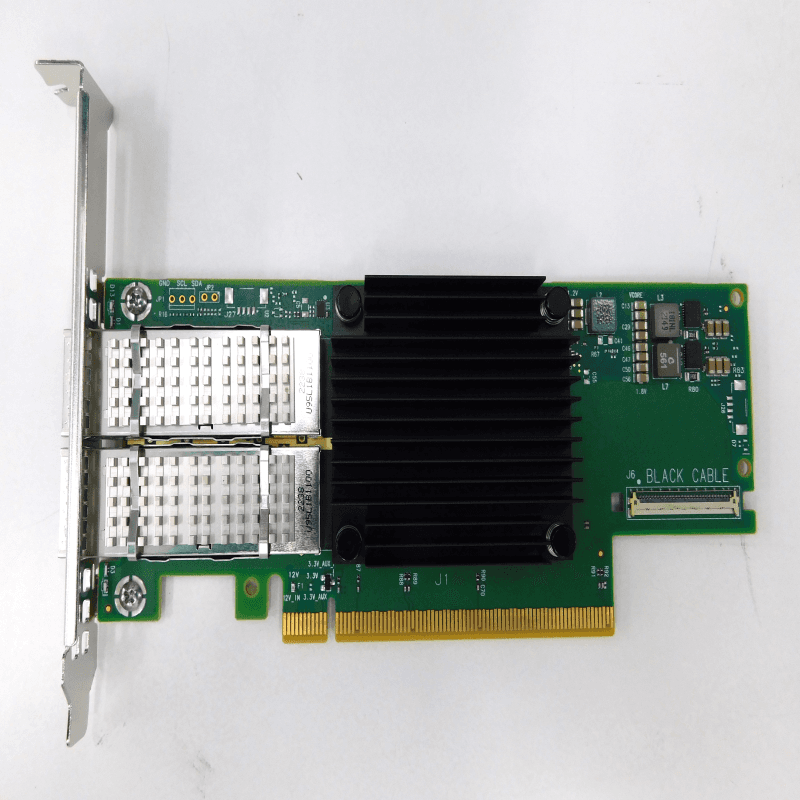The Greensheet is Fusion Worldwide’s monthly trend report for developments that have an impact on the supply chain and open market. Check out our May report for semiconductors, finished goods and hardware components.
- Automotive and EV demand boost orders for MLCCs and push MCU production to new heights.
- Cascade Lake, Cascade Lake Refresh, and the Milan and Rome series are still number one for Intel and AMD.
- While others maintain production cuts to address oversupply, SK Hynix hints that their strategies will better align with the forecasted recovery for the SSD and HDD market.
- Customers are transitioning away from DDR4 to DDR5, exacerbating the ongoing shortage affecting DDR5.
- Intel leaves its Data Center Solutions Group, marking the end of its server business.
Overall, automotive, aerospace and defense verticals are showing substantial demand. While business in the consumer industry is slow, there are signs of recovery on the horizon. For more details, read the complete report below.
Manufacturer Strategies on Track to Create Balance Between Supply and Demand
Due to oversupply and lack of demand, manufacturers lowered production at the end of last year in the hopes of regulating pressure on inventories. While this strategy has created a more stable balance between supply and demand for some verticals, others are still waiting to see improvements. However, automotive, aerospace and defense customers are still struggling to secure allocation. Meanwhile, consumer products like notebooks and smartphones continue to see low shipment numbers.
Despite this, March revenue performances from Taiwan-based ODMs like Quanta Computer, Compal Electronics, Wistron and Inventec showed that notebook demand was better than initially forecasted. Judging by the state of the market, manufacturers will likely roll back their production cut strategies in the second quarter of 2023, pending stronger channel demand.
Global Market Share for Electric Vehicles Maintains Momentum
The automotive market has continued its ongoing trend of robust growth, but manufacturers have successfully pivoted production to meet the industry’s needs. According to forecasts, 2024 will likely be the year the semiconductor market recovers and the shortages ease or end.
Additionally, the excitement around the EV market has been on a significant uptrend as more drivers transition away from internal combustion engine automobiles. One of the critical components affected by this uptick in demand has been MCUs, which regulate various functions for automotive applications. MCUs are also integral to the EV charging industry.
Certain manufacturers have ramped up microcontroller production rates to millions per week or even per day to meet the mounting demand.
Automotive Growth Drives Activity for the Passive Component Market
The passive component market has been slow over the last few years, but demand has been steadily climbing, thanks to automotive customers. The automotive industry is considered one of the primary users for MLCCs, and manufacturers are now reviewing and revisiting contract prices thanks to the uptick in market activity. Forecasts indicate that there will be a price markup in Q2 now that supply and demand have a healthy balance.
Generally, lead times for MLCCs are around 8 – 10 weeks. Lead times on larger case sizes like 1210 and 1216 are slightly longer, around 16 – 20 weeks, and available supply for automotive grade parts is subject to allocation. Across the board, the TDK MLCC, notably the CGA series, seems to be the highest in-demand component.
CPU
Excess CPU Inventory Makes Its Way to the Open Market
An influx of CPU excess inventories has been moving into the open market. While this bodes well for customers looking for CPU supply, cost savings is the main factor driving demand for this market. Numerous manufacturers have maintained that forecasts indicate that demand will ramp up in the second half of the year due to the cyclical nature of supply and demand.
However, market activity has only shown minimal improvements. Since mid-March, transactions for Intel's server and ethernet chipsets have increased, but demand mainly focuses on server chipsets C621 and C621A and ethernet chipsets i211AT and i350-AM4. Inventory levels for the i210AT are some of the highest in the open market, but customers have yet to take advantage of the availability due to elevated pricing.
Older Series Still the Most Popular for Intel and AMD
Inquiries for Intel's Sapphire Rapids and AMD's Genoa server CPUs are increasing. The rise in adoption for both CPUs is largely coming from the AI industry. However, customers are mainly price-checking for cost savings instead of trying to fill supply gaps. Special pricing offers in the open market are limited, with most based on direct pricing with average booking lead times of about two to four weeks. Suppliers are not taking the precautionary measure of building buffer stock, so inventory in the open market is higher than demand.
Overall, server buyers are more interested in Ice Lake than Intel's top-tier customers. The Ice Lake series now accounts for approximately 60 - 70% of demand, with notably older series like the Cascade Lake Refresh and Cascade Lake accounting for most orders. For AMD, customers are mainly still using the Milan and Rome series.
Due to the demand, Ice Lake server CPU supply is now experiencing constraints. The Platinum 8358, Gold 6342, 6326, Silver 4314 and 4310 are amongst those managing short availability. The imbalance between supply and demand likely stems from large customers with ongoing projects consuming the majority of available allocation from Intel.
Aside from these items, most server CPU pricing for Intel and AMD are negotiable as long as there is firm demand. While this holds for now, the interest surrounding ChatGPT and other AI services may put further strain on the server CPU market. If demand stays steady, pricing and lead times are subject to change.
Desktop and Mobile CPU Pricing Continues Its Downward Trend
Due to relatively slow demand, open market activity has been minimal since mid to late March. Customers are predominantly interested in Intel's 12th Gen Alder Lake CPUs. As a result, target buy prices have decreased for the 12th Gen Alder Lake since customers know the market is slow and supply is stable. In particular, the earlier generation 11th Gen Tiger Lake Mobile CPU, especially the i5 series, is seeing a price decline in the five to six percent range compared to March.
Despite the price transparency and lesser margins for desktop and mobile CPU customers, many vendors are unwilling to take losses by carrying higher inventories or offering additional cost savings. Furthermore, distributors are focusing on lean inventory management. Distributors who favor back-to-back support have struggled to find vendors willing to cater to their preferences.
Healthy Supply Meets Weak Demand to Create a Slow SSD and HDD Market
Storage market demand continues to decline for both SSD and HDD. SSD supply, in particular, is very stable across all brands. Currently, vendors are hesitant to stock up on large quantities and are mainly pulling in parts from manufacturers to support customers' spot demand.
While companies like Marvell and Seagate implemented production and workforce cuts since the end of last year to address oversupply in the market, these are long game strategies that could still take several months to come to fruition. Interestingly, SK Hynix recently stated that they will not make any additional cuts moving forward, further hinting that forecasts about a market recovery in the second half of the year are being validated.
In EOL news, Intel has shipped the final order for the SSD series S4510 and S4610. While this would typically cause prices to go up, customers have already implemented alternative series. Solidigm, the company that took over Intel’s SSD business, has customer support options for Intel’s discontinued SSDs, but demand is not strong. Forecasts have indicated that market pricing will continue to drop, especially for the S4510, if this trend in demand continues.
DDR5 Shortages Continue as Prices Fluctuate for Samsung and SK Hynix
High-density modules remain short due to long lead times and price surges in the open market. Vendors have shared that DDR5 requests have increased gradually and there is a concentration on 128GB DDR5, as this is the preferred capacity for customers building AI servers. While these are mainly minimal pockets of interest, there are some concerns with DDR5 supply as issues with availability have been reported. The problem stems from low yield rates, resulting in poor output.
This constraint could continue into 2024 as customers seem to be gradually shifting from DDR4 to DDR5. This transition is likely because of DDR5’s enhanced performance, ability to support higher capacities and improved power efficiency.
Even with the shortage impacting DDR5s, Samsung issued a new production cut on April 7th after a staggering 95.8% drop in first-quarter operating profits. This announcement, combined with China launching a security probe into Micron, has resulted in mixed reactions throughout the memory market. Price erosion for Samsung and SK Hynix modules has since slowed. Vendors hope this is signaling a much-needed recharge for memory market demand.
AI Causes An Order Uptick for GPUs, Switches and NIC Cards
Demand for NVIDIA GPUs continues to spike, with a significant concentration on the Tesla and Quadro series. These are the most sought-after series in the market, likely due to the Tesla series' high-performance computing ability and the Quadro series' numerous professional graphics applications.
The heightened demand has caused prices to surge by at least five to seven percent across both products. Prices for Tesla's A100 and H100 have grown the most, primarily due to AI services like ChatGPT favoring these components for deep learning, natural language processing and computer vision. Both the A100 and H100 were affected by the export controls the United States put in place last year on technology being sold to China. As a workaround, NVIDIA has created alternative versions of their products with reduced capabilities.
In addition, pricing for the Quadro series A5000 and A6000 has also risen. Booking lead times have similarly expanded and are extending to at least eight to ten weeks.
Switches and NIC cards have also felt the effects of AI's popularity as demand continues to trend upwards thanks to ChatGPT. Consequently, vendors have removed previous special pricing across most Mellanox product lines. As a result, pricing has now gone up by 15%, and standard booking lead times have stretched to a minimum of eight to ten weeks.
Intel Exits the Server Business
Under Intel's ongoing strategy, the company has exited its Data Center Solutions Group (DSG) by selling its server business to MiTAC. Over the past year, this tactic has involved cutting several non-core center businesses, such as Optane Memory and SSD. For now, Intel's standard booking lead time for servers remains consistent with business as usual.





